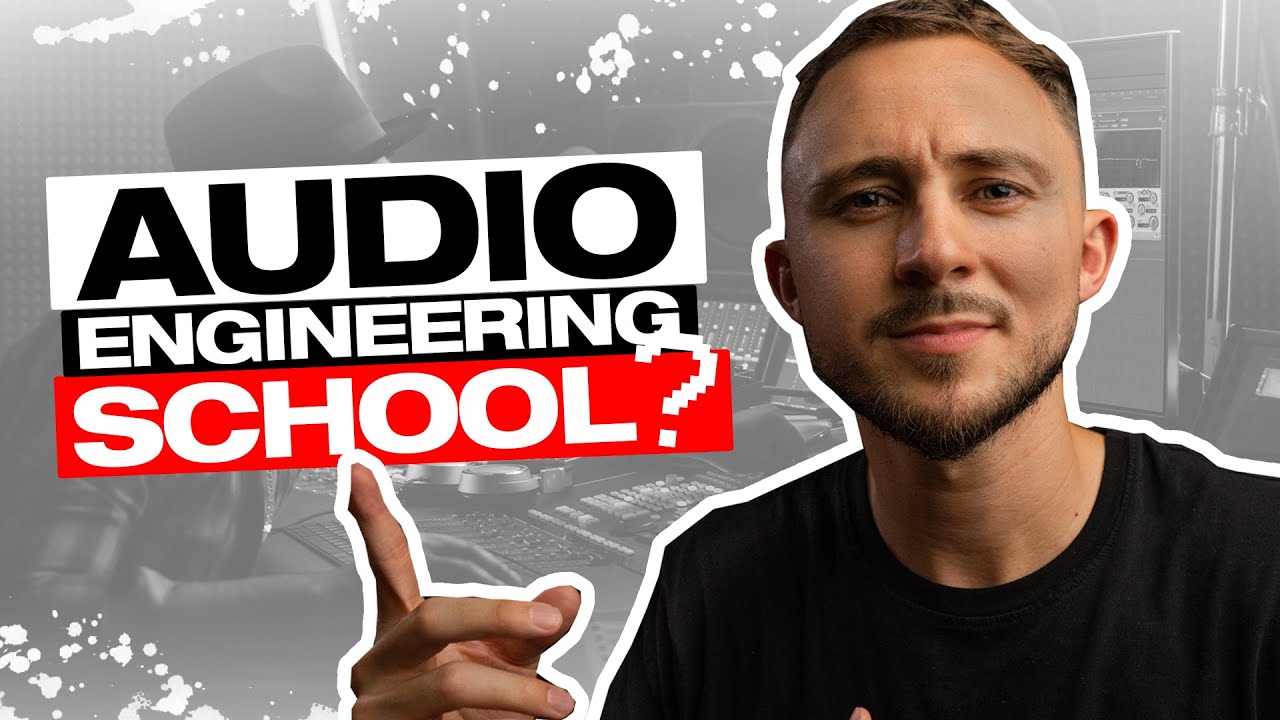Learn faster and retain more than your friends | E3 Bigger Plate
Summary
TLDRThis video script advocates for a more effective learning approach, particularly for working professionals and students. It critiques the traditional method of learning through rote memorization and suggests adopting inquiry-based learning. This involves starting with a problem, hypothesizing solutions, and then seeking relevant information, which is immediately applied. This method is presented as more aligned with how our brains evolved to learn, making the process more enjoyable, efficient, and effective, leading to better retention and application of knowledge.
Takeaways
- 📚 Traditional learning often involves reading books or watching videos, taking notes, summarizing, and then applying the knowledge.
- 🎓 The method of learning and then writing notes is a product of formal education systems.
- 🕵️♂️ Effective learning starts with identifying a problem or question that needs solving, which is more aligned with how our brains evolved to learn.
- 🧠 Our brains are wired to retain information that is purposeful and helps solve problems, making inquiry-based learning more effective.
- 🔄 The process of inquiry-based learning involves creating a question, hypothesizing solutions, learning what's necessary, and then applying it.
- 🚀 This method flips the traditional learning approach by starting with application and working backward, which enhances retention and relevance.
- 💼 For working professionals, this approach is crucial as it directly impacts job performance and career progression.
- 🤔 It's important to clarify the intention and purpose behind learning to increase its relevance and effectiveness.
- 📈 This learning strategy is not just for academic success but also for real-world problem-solving and skill development.
- 🌟 Adopting inquiry-based learning can lead to significant improvements in enjoyment, retention, and the ability to apply knowledge.
- 🌱 Changing learning habits is challenging but rewarding; it requires patience and diligence to master this new approach.
Q & A
What is the traditional method of learning described in the script?
-The traditional method of learning described is one where individuals first identify a topic to learn, then read books or watch videos, write notes, review and summarize these notes, memorize the material, and finally apply it in work or through past paper questions.
Why is the traditional learning method considered inefficient according to the script?
-The script suggests that the traditional learning method is inefficient because it involves memorizing information through repetition and note-taking without immediate application, which does not align with how our brains naturally learn and retain information.
What alternative learning method is proposed in the script?
-The script proposes an alternative method called inquiry-based learning, which starts with identifying a specific problem or question, hypothesizing solutions, and then learning the necessary information to solve the problem, applying it immediately.
How does inquiry-based learning differ from traditional learning?
-Inquiry-based learning differs from traditional learning by starting with a problem or question and seeking to learn in a way that is directly relevant to solving that problem, rather than learning information in bulk and then applying it later.
What is the significance of starting learning with a problem in inquiry-based learning?
-Starting learning with a problem makes the information learned immediately relevant and purposeful, which helps the brain retain it more effectively without the need for constant revision.
Why is the script suggesting that learning should be more like the way our brains evolved to learn?
-The script suggests that learning should mimic how our brains evolved to learn because it is more natural and efficient, allowing for better problem-solving and retention of information.
What is the role of formal education in shaping our current learning methods?
-Formal education has shaped our current learning methods by introducing a curriculum-focused, structured approach to learning, which is different from the more organic, problem-solving approach that our brains are naturally suited for.
How can professionals apply the concepts of inquiry-based learning in their work?
-Professionals can apply inquiry-based learning by identifying problems they face at work, hypothesizing solutions, and then learning the necessary information to address those problems, integrating the learning with real-world application.
What benefits does the script claim for using inquiry-based learning over traditional methods?
-The script claims that inquiry-based learning leads to more enjoyable and efficient studying, better retention of information, improved problem-solving skills, and faster skill development, which can lead to better performance at work or school.
How does the script recommend transitioning from traditional learning to inquiry-based learning?
-The script recommends transitioning by creating a clear problem or question first, hypothesizing solutions, and then learning and applying information in a way that directly addresses those problems, iterating and deepening the knowledge over time.
Outlines

هذا القسم متوفر فقط للمشتركين. يرجى الترقية للوصول إلى هذه الميزة.
قم بالترقية الآنMindmap

هذا القسم متوفر فقط للمشتركين. يرجى الترقية للوصول إلى هذه الميزة.
قم بالترقية الآنKeywords

هذا القسم متوفر فقط للمشتركين. يرجى الترقية للوصول إلى هذه الميزة.
قم بالترقية الآنHighlights

هذا القسم متوفر فقط للمشتركين. يرجى الترقية للوصول إلى هذه الميزة.
قم بالترقية الآنTranscripts

هذا القسم متوفر فقط للمشتركين. يرجى الترقية للوصول إلى هذه الميزة.
قم بالترقية الآنتصفح المزيد من مقاطع الفيديو ذات الصلة

Response to Intervention RTI : Education Conference & Live Chat

Should You Go To School for Audio Engineering? (in 2023)

Jerome Bruner on Discovery Learning

Independent Practice

India is Not as Powerful as China and Russia | This is what Trump thinks??

Sri Lanka | Teacher Testimonial | Muthuwahandi Savithra Chathurangi
5.0 / 5 (0 votes)
